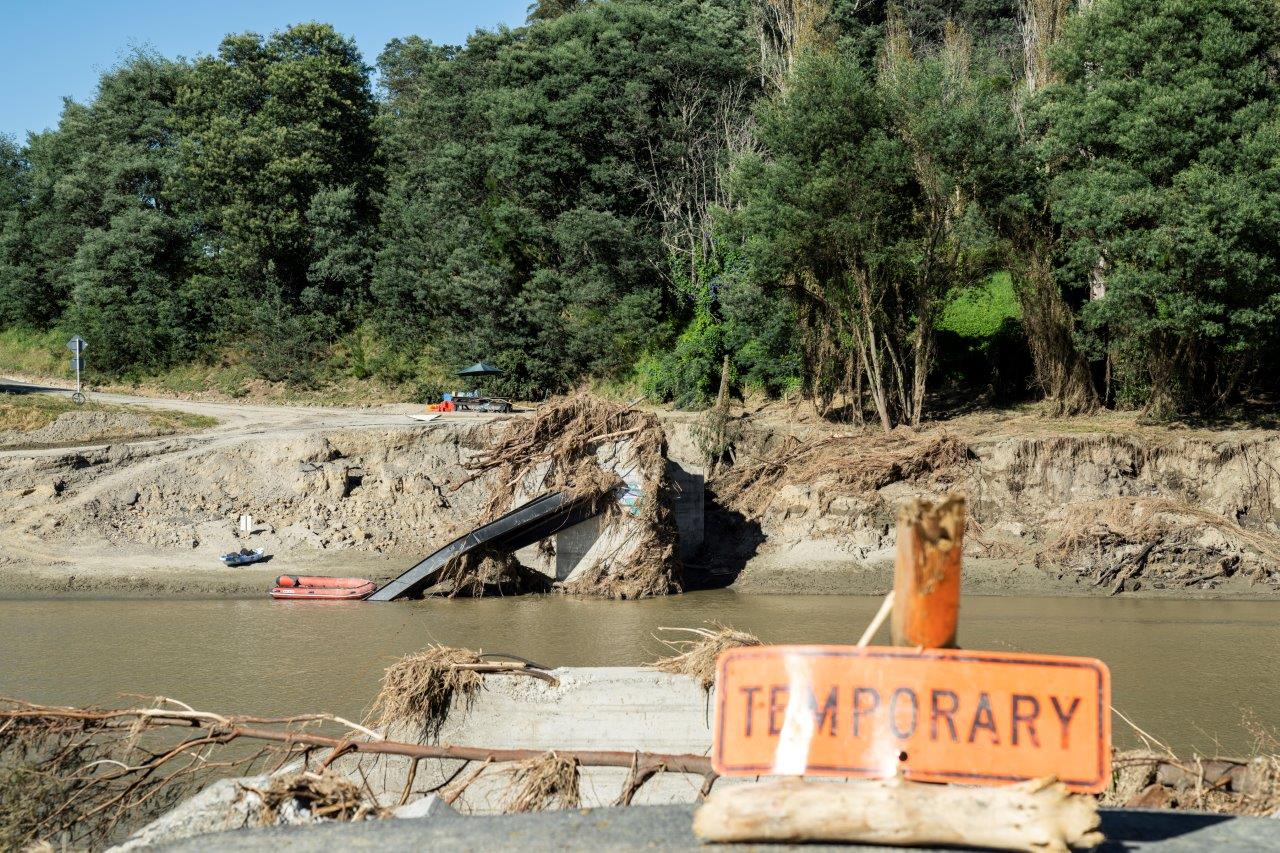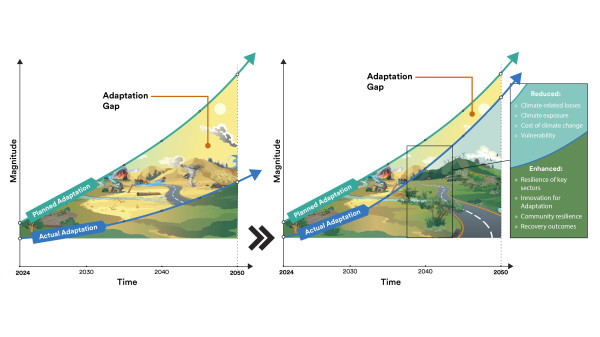New Zealand’s first large-scale climate adaptation research programme tackles barriers to action
A new $11.9M research programme led by Earth Sciences Zealand aims to accelerate decisive action on adaptation to climate impacts to help communities, councils, and industries build resilience in the face of escalating climate risks.

Rising sea levels, droughts and more frequent and intense storms; climate change is already driving up costs and damages across Aotearoa New Zealand. While we have the science to understand these risks, we are struggling to act at the speed and scale needed.
The five-year Accelerating Adaptation to Climate Change programme is New Zealand’s first significant, dedicated investment in climate adaptation research, providing an opportunity to build upon knowledge gained from prior investment in climate risk and mitigation science.
"We’ve built a solid evidence base of climate risks and identified adaptation options. The next step is implementation – how we move from good plans on paper to real action on the ground"
Dr Nick Cradock-Henry, programme leader and Earth Sciences New Zealand Principal Scientist
Identifying and addressing barriers to adaptation
The programme will help close the gap between planning and action, by identifying the barriers that are holding up adaptation, and designing effective ways to address them.
“There are a range of socio-economic challenges that hinder progress, such as fragmented governance, local politics, competing timeframes and priorities, limited resources, and sometimes, a lack of confidence in knowing what will work,” says Cradock-Henry.
The multi-disciplinary team of adaptation scientists, economists, engineers, and kaupapa Māori experts will co-develop solutions with communities, iwi/Māori, policymakers, councils, and businesses. Innovative ‘Living Adaptation Labs’ will allow community representatives to experiment with new tools and approaches to the real-world challenges and decisions their communities are facing.
“Climate change can feel quite disempowering. You’re faced with a risk that seems a long way in the future. The programme will build capability and capacity in communities and councils, to give them much greater agency in adaptation planning so that it doesn’t become overwhelming,” says Cradock-Henry.

By reducing the gap between planned and actual adaptation, the programme will reduce negative impacts of climate change and enhance resilience.
Cradock-Henry says acting early and decisively on adaptation to the most pressing risks before they do irreversible damage, will avoid costly losses in the future.
“Accelerating Adaptation aims to foster communities that are resilient, not just to today’s climate, but to the changes ahead, and ensure that iwi, local government, and national agencies have the governance tools and decision-making systems to support that.”
“If we get this right, adaptation becomes more than just a defensive response—it’s an opportunity to build a safer, fairer, and more prosperous Aotearoa.”
